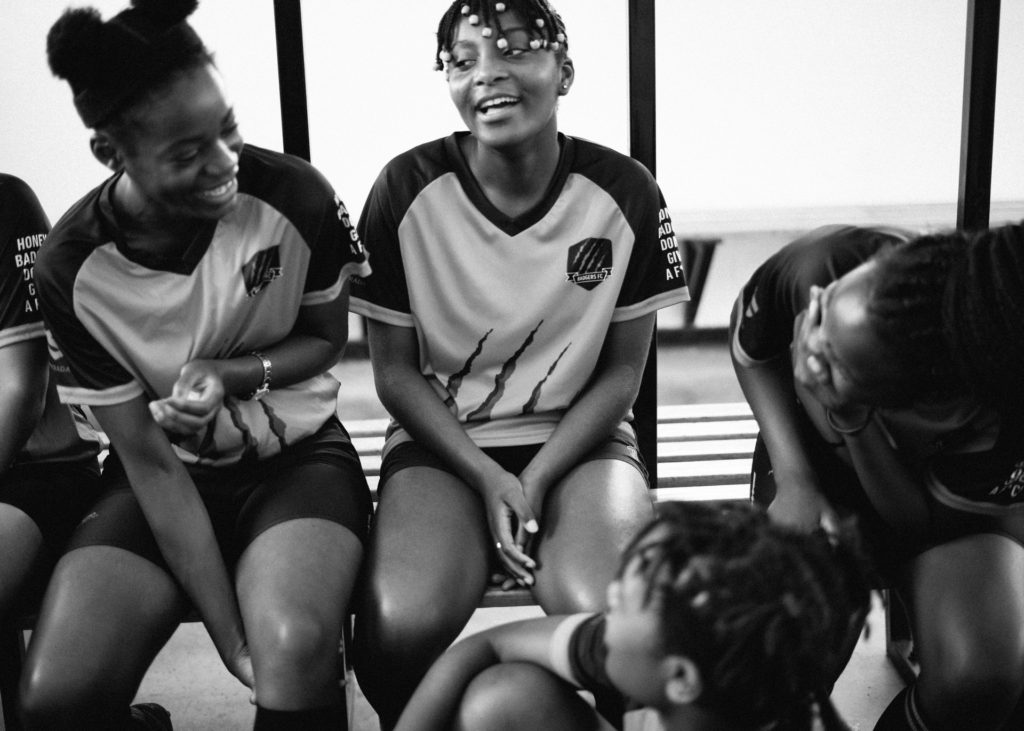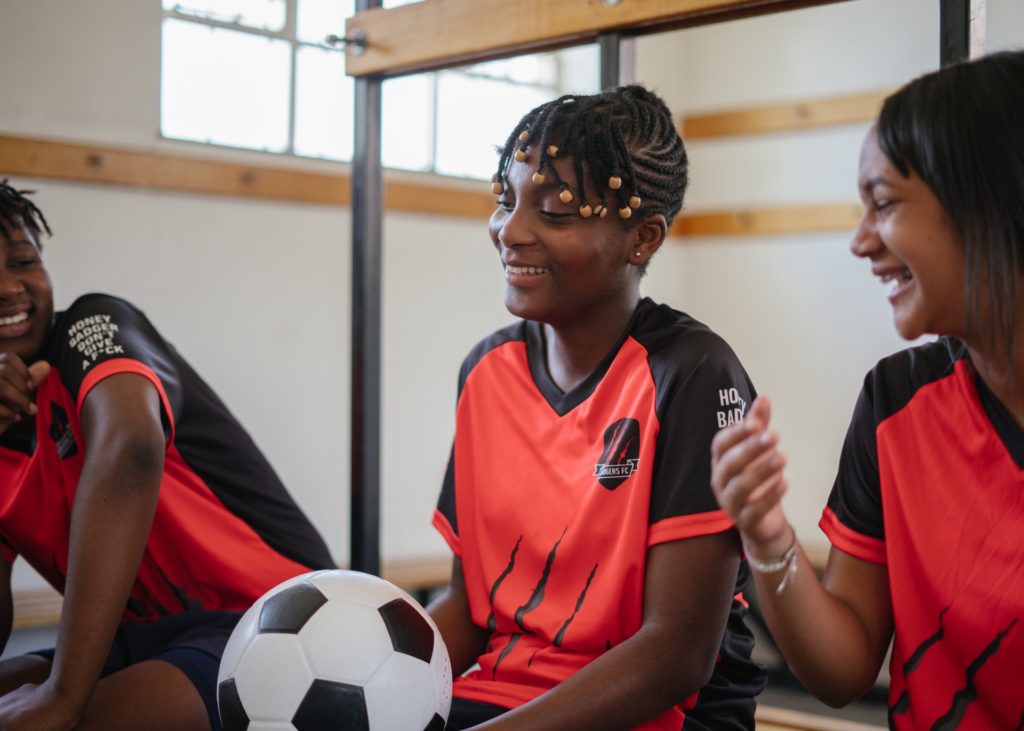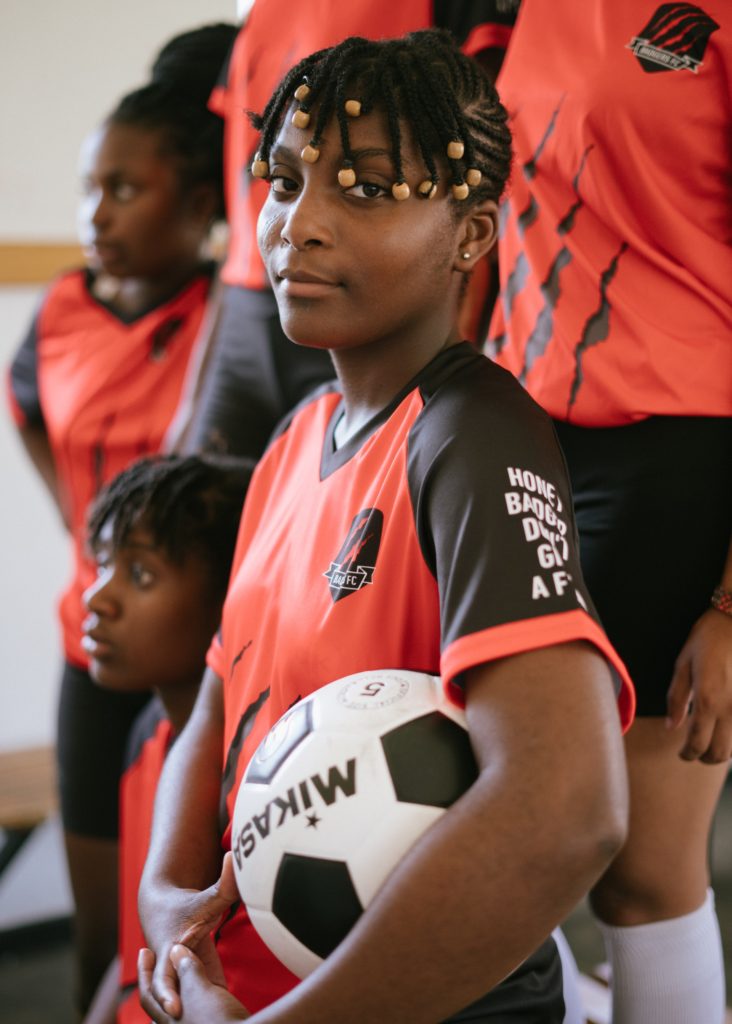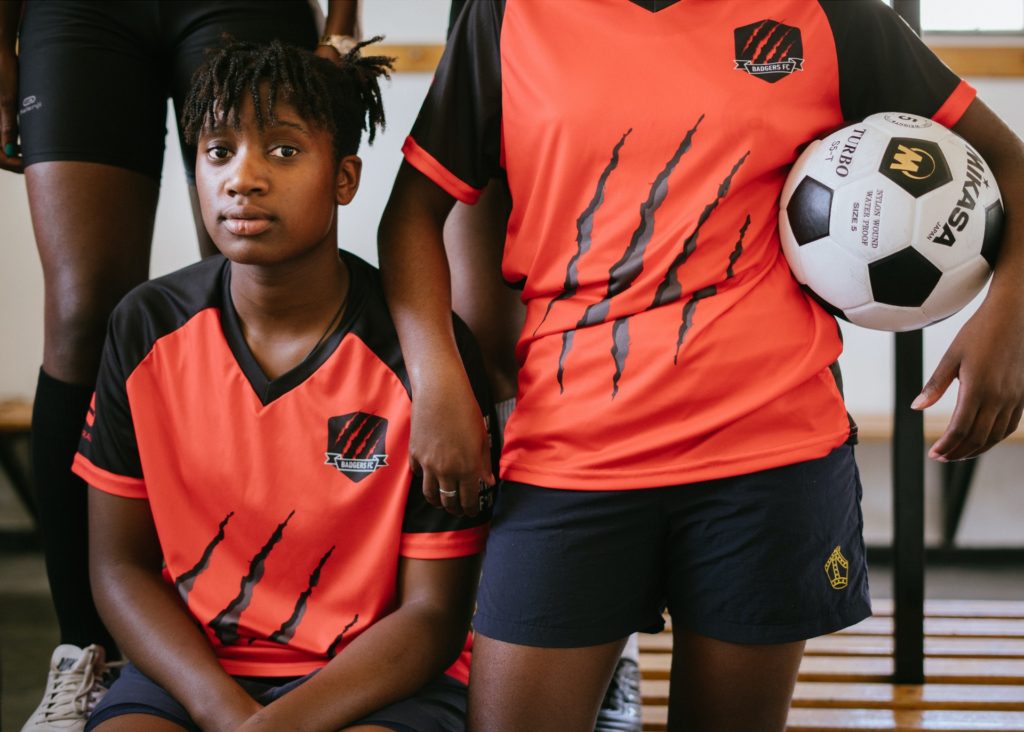The need to be loved and to feel belong is a basic human need. Having that close connection with someone else is a vital part of everybody’s life. And research has proven that strong, healthy relationships will improve individual self-esteem and well-being. But then, these valuable connections do not always come naturally or on a platter of gold, especially for adolescents. Check out our Six Trusted Ways To Help Your Teenager Make and Keep Great Friends.

While some teenagers are outgoing and surrounded by friends while also approaching every situation with ease and grace, there are others who feel insecure and awkward while connecting to other people. As each of their friendships with others crashes, they become even more withdrawn and secluded. It is very crucial to note that just as many aspects of individual development, making good friends actually require skills that could be learned.

As your little babies grow to become teenagers, their friendship begins to evolve. As you know about middle school, teenagers begin to get more independent, and also make their own choices of things. We’d actually agree that they should also be allowed to make choices of their kind of friends. Well, several teenagers find this quite easy, while several others struggle greatly making and retaining friends. The struggles these children experience may result in a lack of confidence and a feeling of disconnection and vulnerability while growing. Our six trusted ways to help your teenager make and keep great friends is a path to consider.

Here is the great news, making friends boils down to multiple factors that can be learned. Becoming proficient requires some guidance, self-awareness, and practice.
Check out: Mistakes Parents Make With Their Teens And Tweens
Things You’d Be Glad You Knew Before becoming A Dad
4 Ways To Raise Generous Children
Here Are The Six Trusted Ways To Help Your Teenager Make and Keep Great Friends
1. Help Your Teenager To Do Some Reflecting
You can sit your teenager down, and ask her some questions to help her choices. You can ask her what qualities she thinks she has that could make people interested in becoming her friend? Also, how does she make people see that side of her and what she values? What exactly is important to her and who she really is?

Rather than just jumping around with people of diverse interests, helping your teenager become more self-conscious and clear about what they value will help them attract friends who will be able to complement them. Let them also know that not all acquaintances will turn out as a BFF.
Most teenagers who struggle with acquiring friends often tend to fasten themselves onto the first person who provides them considerable attention. They may begin to divulge too much personal information to such person too soon. And may even become more insecure and jealous when they find out that their new best friend actually has other close friends.
Help your teenager decipher between a school friend she sits next to in class and chit-chat with and a friend who really values you, understands you, and wants you.
2. Teach Your Teen The Art Of Engaging In Conversations
Rehearse how to have simple and casual conversations about light topics such as school homework, secular activities or activities outside school, and music. Let them learn how to be more positive with conversations while doing more of listening than speaking.

3. Let Your Child Know That Disagreements In Relationships Is Natural
Many teenagers who struggle with keeping friends may become disturbed when conflicts arise in her friendship. Help them know how to fight fair and when to refrain from an argument. And when it comes to fiction on social media, teach your teenager to know the value of saying, “I think we’re both really upset. Let’s talk about this in person tomorrow.”

Social media relationships can easily get into the mind of your young ones, and when conflicts arise, they often come cheap. Help your teenager build a mental wall against negative comments on social media. There have been recurrent negative behaviors produced in adolescents as a result.
4. Be Aware Of Your Opinions And Judgements
You may have some personal perceptions of your teenager’s new friend, and you believe you have very valid reasons. Try to bring it up in a thoughtful way. Do not go saying, “I don’t like her! She’s a brat!” Rather, you may ask, “Tell me what you like about hanging out with her.”

The latter is very likely to be much better received than the former. If you also feel the need to talk about your teenager’s friend, you should try to be calm and specific to the behaviors you do not like. For instance, you can say, “I’ve noticed she cancels plans with you at the last minute a lot.” This should do better than “I don’t like her. She’s so selfish and disrespectful!”
Perhaps you do not know, but your teenagers actually place more value on your opinion than they would let you know. So, if you notice a friend of theirs treats them badly, do not hesitate to speak up. And ensure to do it in a way that is likely to be heard.
5. Support Your Teen In Fostering Other Relationships
Friendship and connection actually extend beyond peer groups. Help your teens connect well to you and also other mature people in their lives. When your teenager is able to build healthy relationships with other people in their lives, that can be counted on without conditions, adolescent friendships become an easy ride.

6. Help Them Realize The Importance Of Healthy Relationships
During the teen years, friendships can be very rewarding. When you have mature minds to share secrets with and get good advice, it can bring so much relief. Everyone needs that person they would like to share a part of their lives with. And if your teenager still struggles with friendships, make sure to build a strong connection with them. Also guide them towards the skills they need, to acquire strong and quality friends.

You could use your friendship as an example to your teenager. Ensure to be open and honest as much as possible. Tell them how friendship demands some efforts and nurturing, how you supported and strived together with your friends. You could also engage your teen in activities that involve your good friends, like picnics, parties or backyard barbecues.



